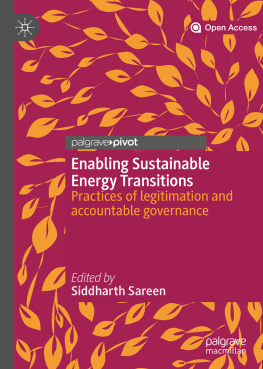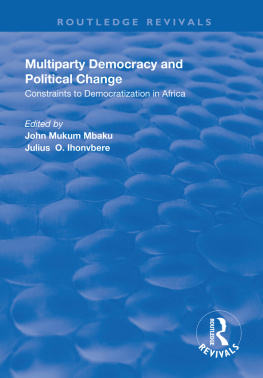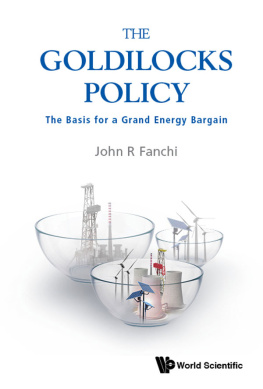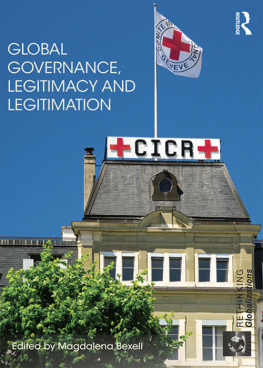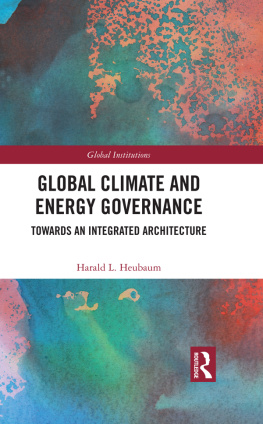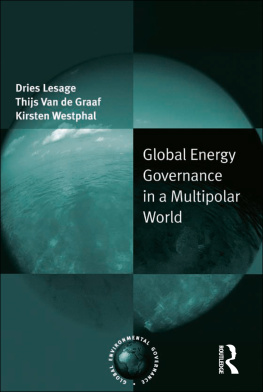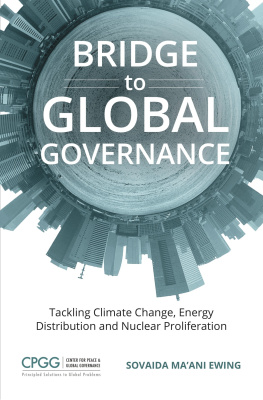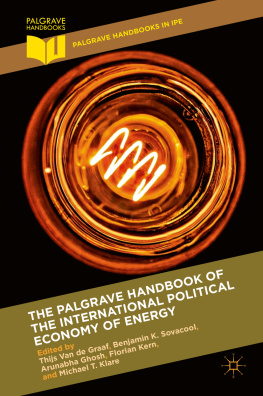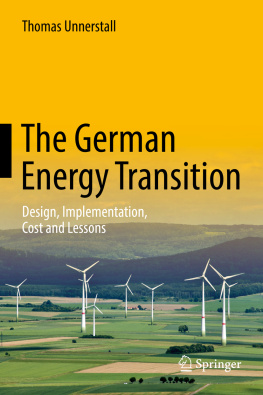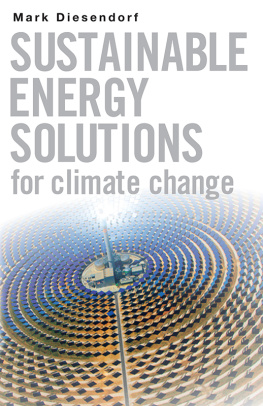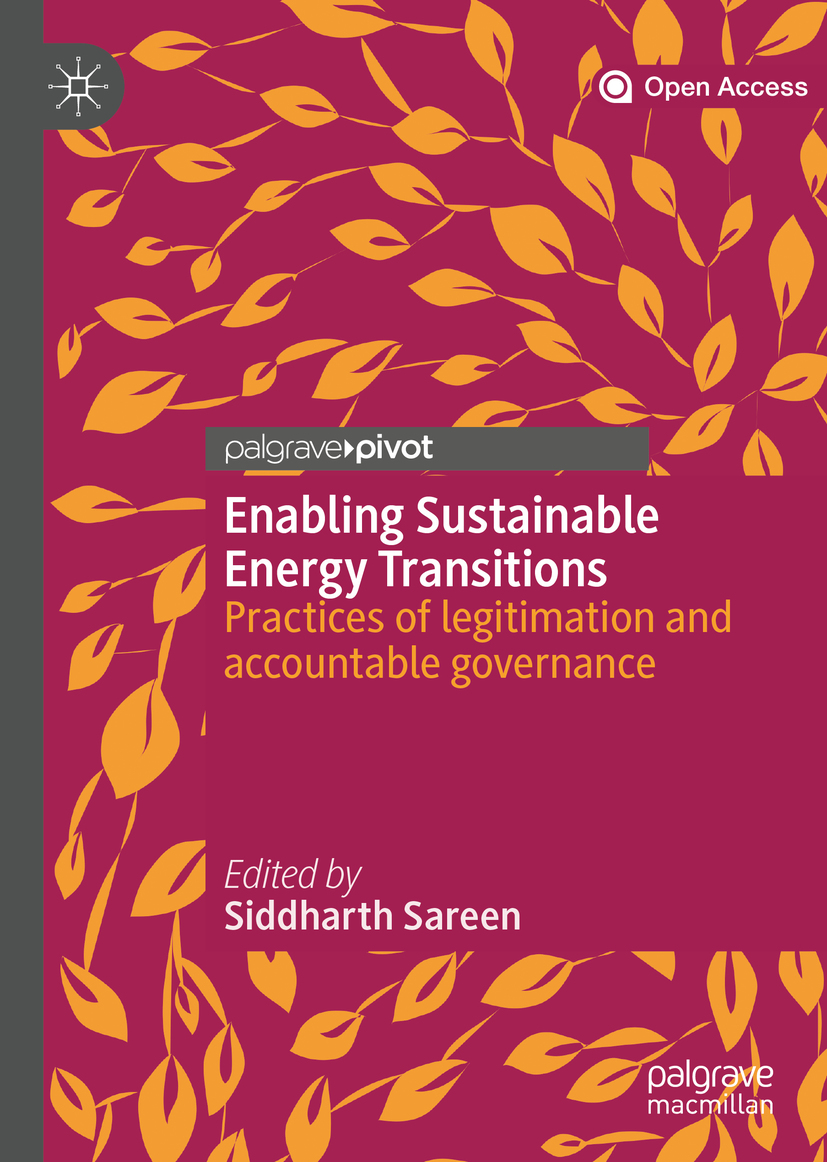Editor
Siddharth Sareen
Department of Geography Centre for Climate and Energy Transformation, University of Bergen, Bergen, Norway
ISBN 978-3-030-26890-9 e-ISBN 978-3-030-26891-6
https://doi.org/10.1007/978-3-030-26891-6
This book is an open access publication.
The Editor(s) (if applicable) and The Author(s) 2020

Open AccessThis book is licensed under the terms of the Creative Commons Attribution 4.0 International License (http://creativecommons.org/licenses/by/4.0/), which permits use, sharing, adaptation, distribution and reproduction in any medium or format, as long as you give appropriate credit to the original author(s) and the source, provide a link to the Creative Commons license and indicate if changes were made.
The images or other third party material in this book are included in the book's Creative Commons license, unless indicated otherwise in a credit line to the material. If material is not included in the book's Creative Commons license and your intended use is not permitted by statutory regulation or exceeds the permitted use, you will need to obtain permission directly from the copyright holder.
The use of general descriptive names, registered names, trademarks, service marks, etc. in this publication does not imply, even in the absence of a specific statement, that such names are exempt from the relevant protective laws and regulations and therefore free for general use.
The publisher, the authors and the editors are safe to assume that the advice and information in this book are believed to be true and accurate at the date of publication. Neither the publisher nor the authors or the editors give a warranty, express or implied, with respect to the material contained herein or for any errors or omissions that may have been made. The publisher remains neutral with regard to jurisdictional claims in published maps and institutional affiliations.
This Palgrave Pivot imprint is published by the registered company Springer Nature Switzerland AG.
The registered company address is: Gewerbestrasse 11, 6330 Cham, Switzerland
If we are to close the gap between words and deeds on decarbonisation, emission reductions need to go much faster and further than at present.Enabling Sustainable Energy Transitionssteps directly into this gap, arguing that inadequate action relative to the scale of the problem constitutes a crisis of accountability. This crisis is sustained, the authors propose, by four practices of legitimation through which states, firms and other key actors are effectively insulated from the political and economic consequences of inaction. In tune with the recent pivot in energy research from innovation to incumbency, and the post-Paris challenge of rapidly dismantling fossil energy regimes, this compact book argues that ideas about accountability and legitimationdrawn from work on environmental governancecan open up new analytical perspectives on what is holding back effective energy system transformation. With bite-size chapters and illustrative cases that draw on the work of five expert witnesses, this is a novel intervention into debates over the politics of energy transition.
Gavin Bridge, Professor,Department of Geography, Durham University
In this comprehensive and much-needed book, Dr. Siddharth Sareen with colleagues provides a compelling analysis of the sustainable energy transition and the role of legitimation practices and accountability therein. The book theorizes and advances the research frontier on legitimation practices and accountability with a carefully crafted analysis bridging scholarly fields of environmental governance, political economy, energy research and democratic theory.Enabling Sustainable Energy Transitionpresents a novel empirical analysis of the politics of energy transition across the world through rich case studies of countries such as Portugal, Germany, Norway, USA as well as cities such as Berlin. This book is a must-read for all students and scholars interested in shaping more legitimate, democratic and accountable energy transition from the local to global context.
Karin Bckstrand, Professor,Department of Political Science, Stockholm University
Prologue
When I was 11, I lived in the river plains of northern India, a region poorer than sub-Saharan Africa (Alkire and Santos 2014). It was before the turn of the millennium, and while the mercury routinely went past 45 C, my household struggled to cope with frequent power cuts totalling a dozen hours a day. We had the relative luxury of a diesel generator and an inverter, cooked using gas cylinders and a parabolic solar cooker, used electric water heaters, and the nightwatchman burnt charcoal to stay warm on winter nights and cooked his morning meals on a woodstove.
When I was 21, I lived on an elite university campus where the government ensured round-the-clock power supply so the lights never went out. Months before Copenhagen hosted the United Nations Framework Convention on Climate Change (UNFCCC) Conference of Parties (CoP) 15, I was an invited student delegate at a global sustainable development summit. Midway through, during a plenary session with the then-head of the Intergovernmental Panel on Climate Change (IPCC) and a leading British Broadcasting Corporation news anchor, I posed a question in the limelight. In two days of discussions on how to address the climate change challenge, why had nobody discussed the role of the United States of America (Christoff 2010), since our prospects looked bleak without its geopolitical backing and political economic will?
Now 31 years old, I live in Norway , one of the richest countries in the world with a fortune built on oil, with hydropower its predominant domestic energy source. My home runs almost entirely on electricity, from heating to cooking to hot water. Our transport systems are increasingly electric, except air travel which continues to be carbon emissions intensive and popular. During the CoP 24 in Katowice, the centre of coal in Europe, someone half my age spoke truth to power. Greta Thunberg said that our political representatives have failed us and that we must act now to address the climate crisis for todays youth and the vulnerable to have livable futures.
Those three decadal conjunctures of material configuration, institutional context and relative privilege reveal a great deal about the spatiotemporally contingent nature of how we experience the deeply entangled climate and energy crises. My concern with these contemporary crises has continued and increased in my transition from childhood to mid-career researcher; and so has the associated urgency. We live in a time of many criseslocal, national and global; short-, medium- and long-term; social, environmental and economicand the heart of each one is political. This book concerns the greatest crisis of our times, which spans generations. It is about addressing the drivers and impacts of climate change, which means rapidly decarbonising our energy systems, and deeply changing whom they benefit (Bickerstaff et al. 2013). This is a mammoth task with competing stakes, too vital to be left to privileged sets of decision-makers who have already failed to safeguard and secure public interest for decades, and much too big for a modest book. Rather, its envisaged contribution is to show how to make this crisis visible for what it truly isa crisis of accountabilityopening up space to discuss and establish anew (Dowdle 2017) the terms for more accountable governance to enable sustainable energy transitions. For the purpose of this book, the term sustainable energy transitions signifies changes to our energy systems that enhance both decarbonisation and social equity.

